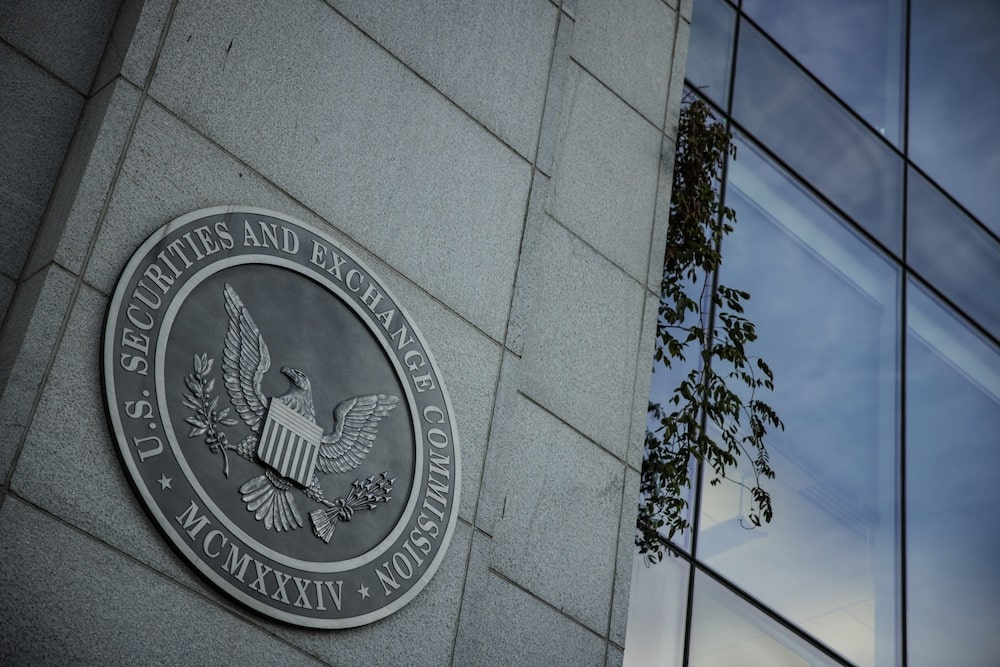A former Binance executive, Amrita Srivastava, has sued the crypto exchange’s United Kingdom office, alleging unfair dismissal due to whistleblowing. She claims that a colleague asked for a bribe from a customer in exchange for preferential treatment “under the guise of providing consultative services” to speed up the customer’s integration into the exchange.
Whistleblowing refers to reporting information about corruption or unethical behavior within an organization, government, or institution. It usually promotes accountability and transparency while encouraging integrity. Whistleblowers often face challenges, including job loss; hence, to counter this, many countries have set up laws to protect such ones.
Binance Faces Lawsuit
Srivastava was a senior employee based in London who worked remotely on Binance’s Link platform, which connects external brokers and customers to the exchange. She reported the alleged bribery to management in April 2023 but was dismissed a month later. The ex-executive is now suing Binance for unfair dismissal over whistleblowing.
On the other hand, Binance denied the allegations, stating that the staff was dismissed due to poor performance. According to the exchange, the bribery incident was already known and under investigation by Binance’s internal audit team. It further claims that Srivastava’s dismissal was unrelated to her reporting of the alleged bribery.
Srivastava is seeking compensation for unfair dismissal and damage to her career reputation. Notably, the case outcome may have implications for Binance’s operations in the U.K. and its handling of employee whistleblowing claims.
The case is ongoing at a U.K. employment tribunal, which has different compensation limits for whistleblowing and unfair dismissal claims. For whistleblowing claims, tribunals can award unlimited compensation, allowing them to provide as much money as they deem fair and reasonable. In contrast, unfair dismissal claims have a capped award of approximately $133,914.
Not the First Lawsuit
Binance and its former CEO, Changpeng Zhao, faced an antiterrorism complaint in the Southern District of New York. The complaint, filed by 270 victims, alleged that Binance knowingly facilitated the transfer of crypto to and from terrorist groups, including Hamas.
The plaintiffs argued that the $4.3 billion penalty paid by Binance is insufficient and that they should be held accountable to the victims of terrorist attacks they allegedly aided.









